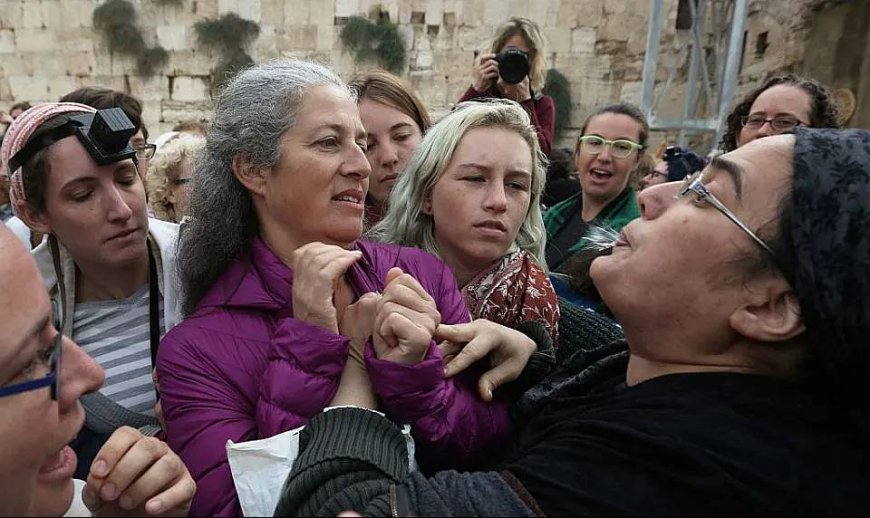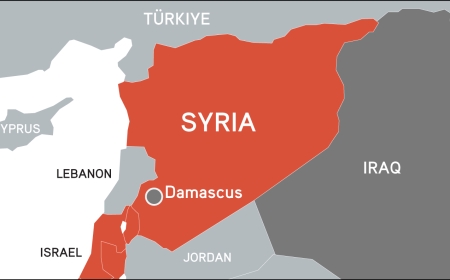Massive rallies highlight social divisions and partisan polarisation in Israel

As time passes, the political and social upheavals that threaten Israel's domestic security take on more significance, just as the Arab Front "For Change," founded by two Arab parties in Israel, publicly raises the Palestinian flag during demonstrations against Netanyahu and his notorious ultra-Orthodox partners. These demonstrations have taken place against the backdrop of an intense political conflict between Benjamin Netanyahu's far-right coalition cabinet and the opposition, led by Yair Lapid, the former prime minister.
Several prominent Israeli politicians participated in the ongoing protests, including the former foreign minister Tzipi Livni, the mayor of Tel Aviv, Ron Huldai, the head of the Labour Party, Merav Michaeli, and the former defence minister Benny Gantz from the centre-right. In this regard, former Israeli Prime Minister Ehud Barak argued that Netanyahu's government is legal but has lost its legitimacy on Israel's Channel 12. Political polarisation and schisms have grown pervasive in Israeli society to the point that political skirmishes might break apart the Israeli regime's cohesion at any moment, bringing to the forefront Israel's apartheid policies and solidifying support for the "two-nation" solution, putting an end to settlement construction in the 1967 occupied territories, reversing aggressive manoeuvres by Netanyahu's cabinet, and preventing the Zionist regime from growing more bellicose vis-à-vis Arab nations.
With placards reading "We do not need Nazis in parliament," "government of disgrace," and "Benjamin Netanyahu is a dictator," protesters have hailed these demonstrations as "unprecedented" and "historic."
The Jews living in occupied Palestine consider four factors to be fueling the protests:
1. Netanyahu's arch-rival, former Israeli Prime Minister Lapid, was one of the rally's most prominent supporters. Lapid's party is at loggerheads with the Likud and its allies since it lost the fifth parliamentary election in four years.
2. Netanyahu's minister of justice, Yariv Levin, has proposed reforms to Israel's judicial system that have faced fierce opposition. Netanyahu's foes argue that under his leadership, the government would have unfettered power to appoint judges to all courts, including the Supreme Court. This places considerable constraints on the court's capacity to overrule laws.
3. The opposition maintains that Netanyahu has compromised Israel's security. Both Israelis and Western observers believe that Benjamin Netanyahu's cabinet is the most fanatical Zionist coalition in Israel's history.
4. Leaders of the Zionist movement are concerned that Prime Minister Benjamin Netanyahu's policies are unifying Palestinian factions in opposition to Israel.
After considering the above, it seems that the Israeli government must make a difficult decision between two equally terrible courses of action:
a) Attempting to maintain Netanyahu's cabinet, which could escalate social divisions within Israel, increase solidarity between Palestinians living within Israel [the 1948 Arabs] and the West Bank and Gaza Strip, and create more pressure from the international community, especially the European Union and the United States, to curtail Netanyahu's extremism to enhance his cabinet's international credibility.
b) The dissolution of the Knesset and subsequent re-elections may lead to more turmoil and deterioration of Israel's internal affairs. This possibility would further polarise Israeli society, especially if Netanyahu fails to address domestic and foreign crises.













































